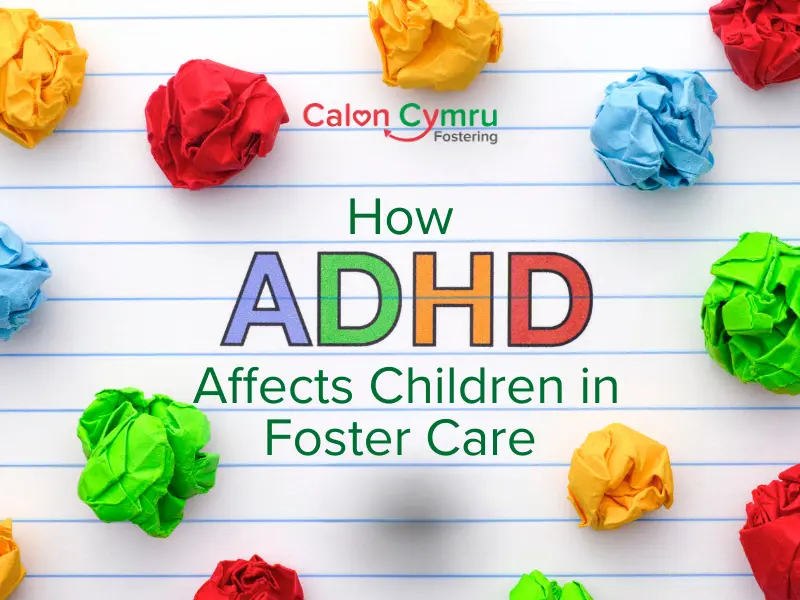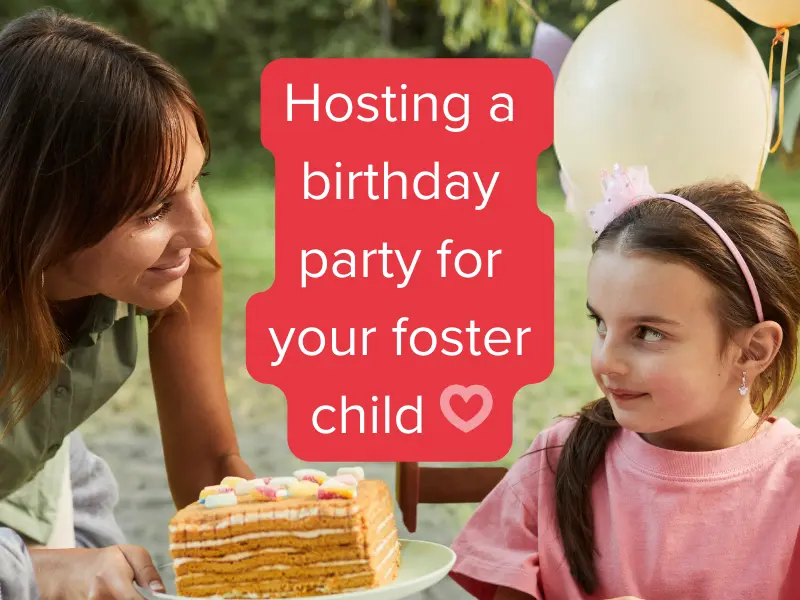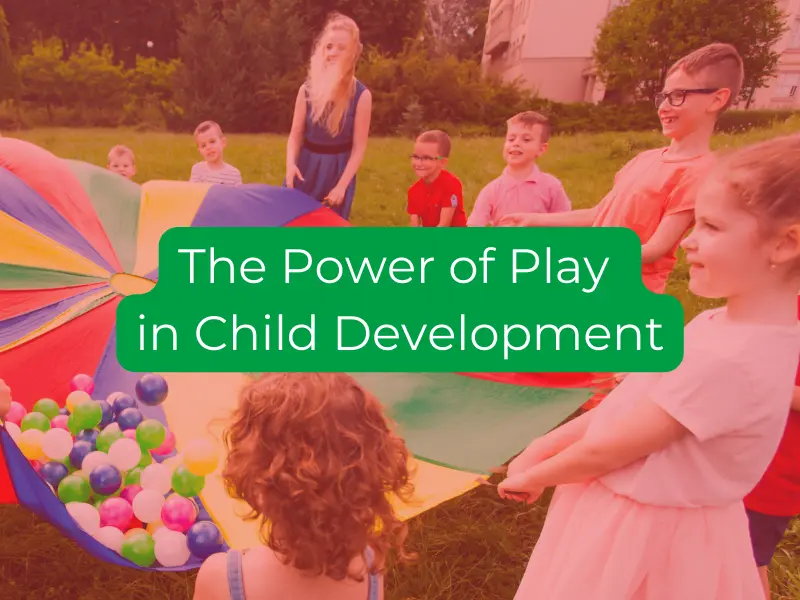How ADHD Affects Children in Foster Care
Date published
03 October 2024

At Calon Cymru Fostering, we know that every child is unique, and sometimes, children in foster care need a little extra support. For those living with Attention Deficit Hyperactivity Disorder (ADHD), life can feel even more overwhelming. ADHD can make it hard for children to focus, stay calm, or control their impulses, and when combined with the challenges of foster care, it can be tough for both the child and their carers. In this blog, we’ll take a closer look at how ADHD impacts children in foster care and how foster carers can make a positive difference.
ADHD (Attention-Deficit/Hyperactivity Disorder) is a neurodevelopmental condition causing people with the condition to display patterns of inattention, hyperactivity, and impulsivity. People with ADHD may also find themselves having difficulty focusing, staying organized, or controlling impulses often making it more difficult to undertake daily tasks.
You might be surprised to learn that children in foster care are more likely to be diagnosed with ADHD than other children.
UK studies, such as the one by Ford et al., indicate that children in foster care are at higher risk of mental health issues, including ADHD*. The exact figures vary, but estimates suggest that approximately 15-25% of children in care exhibit ADHD symptoms, compared to 3-5% in the general population. This disparity is often linked to pre-existing risk factors such as early childhood trauma, neglect, and unstable home environments, which are more common among children entering the care system. That’s a big difference!
Children who come into care often carry with them difficult experiences from their past—things like neglect, abuse, or trauma. These early-life stresses can increase the chances of a child developing ADHD meaning many foster children need extra emotional and behavioural support.
ADHD can make even simple daily tasks feel like an uphill battle. For a child in care, this can lead to problems at school, where it might be hard for them to concentrate, follow instructions, or sit still often resulting in displays of frustration, poor performance, and sometimes even conflict with teachers or classmates.
Children with ADHD might find it more difficult to make or keep friends as their impulsive behaviour can sometimes cause misunderstandings. At home, foster carers might notice mood swings, restlessness, or difficulty sticking to routines. It’s not uncommon for children with ADHD to push boundaries, especially if they’ve had an unstable past. But with the right understanding and patience, foster carers can help them feel more secure.
Spotting the signs of ADHD early is key to making sure children get the help they need. Unfortunately, children in foster care can sometimes slip through the cracks when it comes to diagnosis, especially if they’ve moved between different placements. Without the right support, their struggles can be misunderstood as ‘bad behaviour,’ when really, they just need a little extra help.
The good news is, once a diagnosis is made, there are many ways to support a child with ADHD. This can include medication, therapy, and most importantly, a stable and loving home environment. Foster carers play a vital role in creating that stability. With the right training, they can help children with ADHD develop coping strategies and build their confidence.
Here in Wales, there’s growing recognition of the need for tailored support for children with ADHD, especially those in foster care. At Calon Cymru Fostering, we provide our foster carers with the training and resources they need to support children with ADHD. Whether it’s understanding how to manage challenging behaviour or creating routines that work, we’re here to help carers every step of the way. Local authorities and NHS services also offer support, although sometimes it can take time to access specialist care. That’s why having a strong support network through your fostering agency is so important.
ADHD can bring extra challenges for children in foster care, but with the right diagnosis, support, and a nurturing home, these children can thrive. Foster carers play a huge part in making that happen, and at Calon Cymru, we believe that with the right guidance and a lot of love, every child can reach their potential.
Could you make a difference to a child or young person in need of a caring and supporting home? Get in touch to find out how you can help change a life
*(Ford, T., Vostanis, P., Meltzer, H., & Goodman, R. (2007). Psychiatric disorder among British children looked after by local authorities: Comparison with children living in private households. The British Journal of Psychiatry, 190(4), 319-325. https://doi.org/10.1192/bjp.bp.106.025023 ).
Fostering insights
03 October 2024

Healthy eating habits are the cornerstone to a healthy lifestyle but this is often easier said than done and can be even harder for many children looked after. Here are some ways you can support your children and young people and help them introduce healthy eating habits

Many challenges can be encountered when a new foster child moves into your home, but sometimes these challenges can result in the happiest experience. A foster child can join your family at any time and when a birthday is just around the corner this can potentially be difficult to discuss. You might feel unsure whether celebrating was something usual for the child or a potentially emotional time.

At Calon Cymru, we firmly believe in the power of play for children, regardless of their background or experiences. Play is a universal language for children allowing them to relax, have fun, learn social skills and build relationships. On top of this, it can play a crucial role in communication, especially for children who have experienced trauma.
Get in touch today for a casual, friendly chat with our experienced foster advisors.
Contact us
